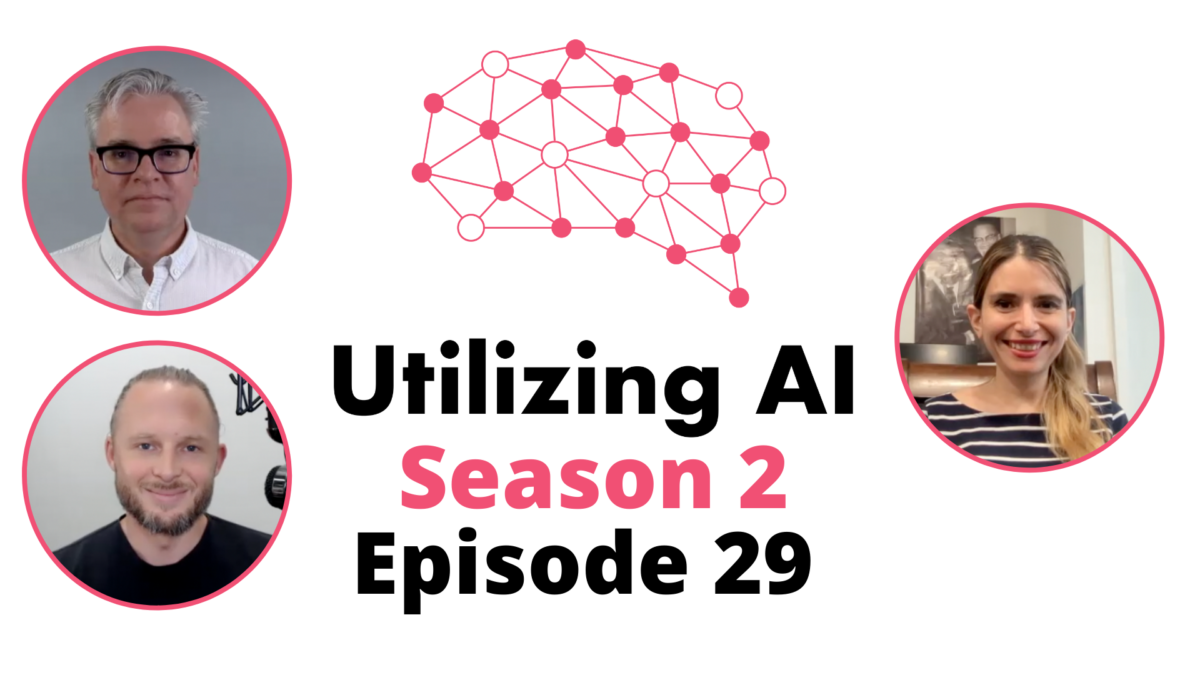Although we usually focus on the ways AI can displace workers, this technology can also create new jobs and help them. In this episode, Saiph Savage joins Chris Grundemann and Stephen Foskett to discuss the many ways AI can help displaced workers. One new type of job created by AI is in the area of model training, and this can help develop digital skills and improve the lives of workers. Digital labor platforms tend to be opaque, however, and we must audit them to understand the wages paid, exposure to negative content, and invisible labor workers do to continue to use these tools. Yet despite these shortcomings, many workers report positive experiences, in terms of life/work balance, opportunity, and flexibility. Researchers like Savage are monitoring these opportunities and developing tools to help workers and policymakers fairly judge the costs and benefits of participating. Ultimately, these jobs can become a stepping stone to digital careers and further opportunities.
References
- Saiph Savage’s Super Turker paper
- Flexible Work and Personal Digital Infrastructures
- Turker Tales: Integrating Tangential Play into Crowd Work
- “Ghost Work: How to Stop Silicon Valley from Building a New Global Underclass” by Mary L. Gray and Siddharth Suri (book)
Three Questions
- How long will it take for a conversational AI to pass the Turing test and fool an average person?
- Are there any jobs that will be completely eliminated by AI in the next five years?
- Can you think of any fields that have not yet been touched by AI?
Guests and Hosts
Saiph Savage , Assistant Professor at Northeastern University. Connect with Saiph on LinkedIn or on Twitter at @Saiphcita .
Chris Grundemann is the Managing Director at Grundemann Technology Solutions. You can connect with Chris on LinkedIn and on X/Twitter or visit his website to learn more.
Stephen Foskett, Organizer of the Tech Field Day Event Series, part of The Futurum Group. Find Stephen’s writing at GestaltIT.com, on Twitter at @SFoskett, or on Mastodon at @[email protected].

